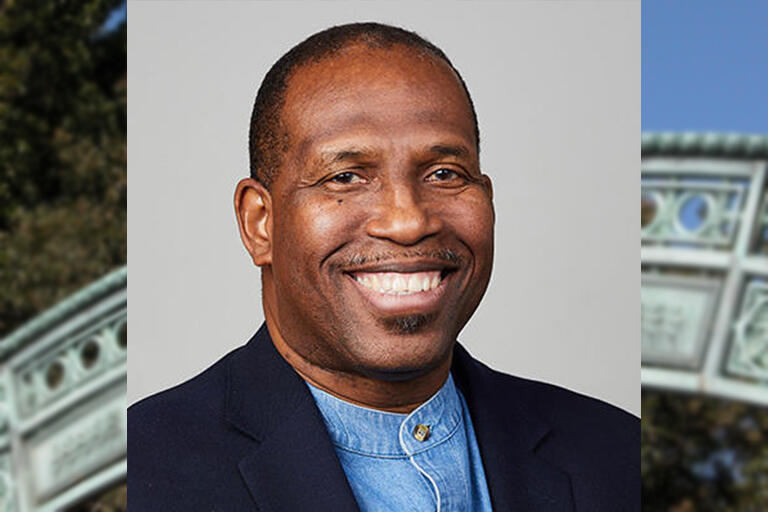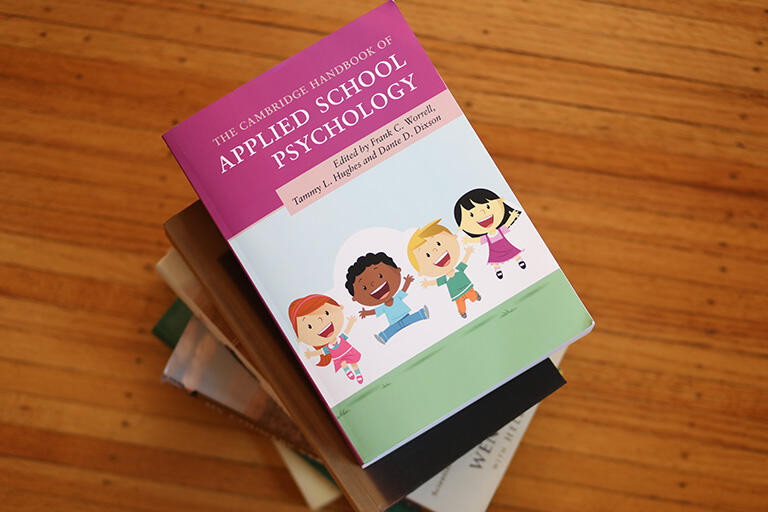Adding a speed bump in front of a school sounds like a typical discussion for the principal, city civil engineers, and school safety officers. For Professor Frank C. Worrell, another important voice at that table is a school psychologist.
“Kids get hurt with cars driving too quickly down the street. People get knocked down, injured. This becomes a mental health issue for students, and of course school safety. To that extent, it does fall within the school psychologist’s purview,” Worrell said.
In his latest book, “The Cambridge Handbook of Applied School Psychology,” co-edited with Professor Tammy L. Hughes of Duquesne University, and Assistant Professor Dante D. Dixson of Michigan State University, Worrell works to expand the notion of the role of a school psychologist.

